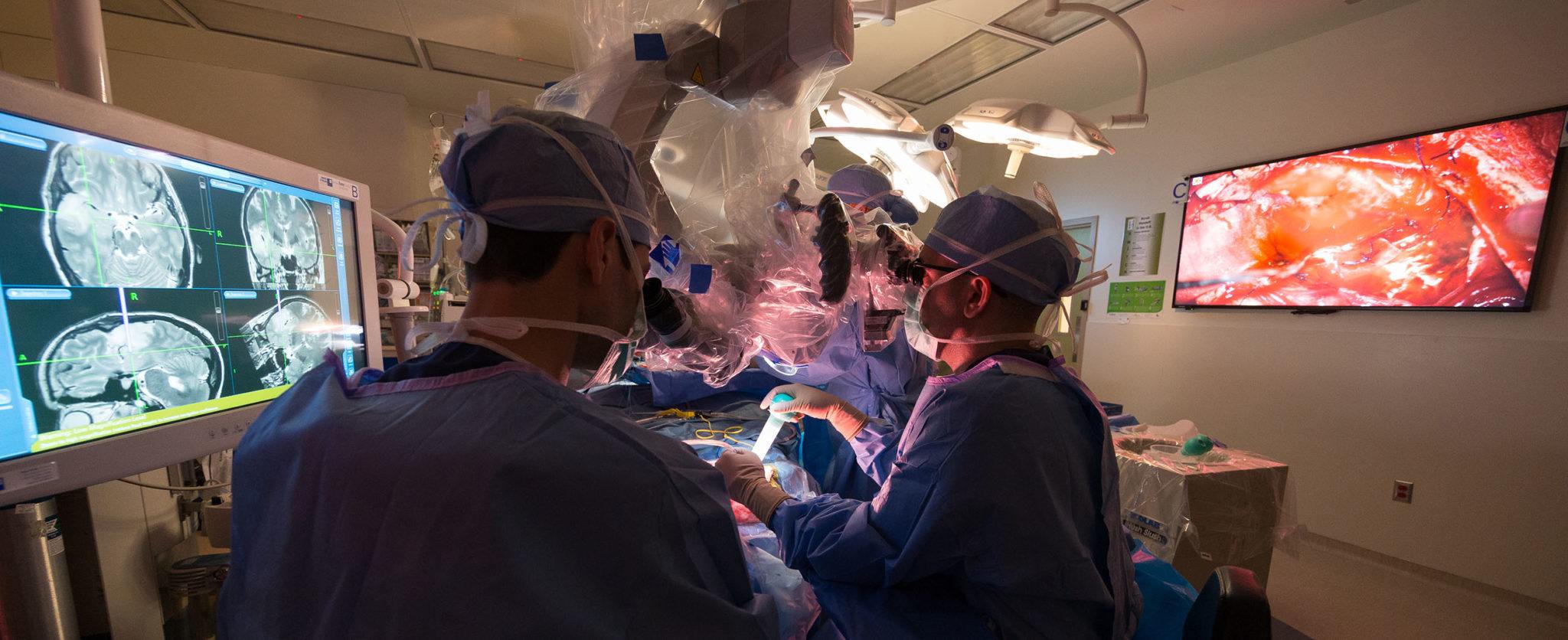SKMCH Marks Milestone with Youngest Awake Brain Tumor Surgery

A Groundbreaking Surgical Achievement in Paediatric Neurosurgery
Shaukat Khanum Memorial Cancer Hospital and Research Centre (SKMCHandRC) has made a significant breakthrough in the field of paediatric neurosurgery by successfully performing an awake brain tumour surgery on a 6-year-old patient. This case is believed to be the youngest reported instance in indexed medical literature, marking a major milestone in the treatment of childhood brain tumours.
Awake brain surgery is typically performed on adult patients, especially when tumours are located near critical areas of the brain that control movement or speech. The procedure involves keeping the patient conscious during surgery so that the medical team can monitor neurological functions in real-time, reducing the risk of damage to essential brain regions. However, this technique is rarely used in children due to the added complexity of ensuring their cooperation and comfort throughout the operation.
The young patient, who hails from Mardan, had been experiencing seizures since the age of two. These seizures were caused by a tumour located in the part of the brain responsible for controlling movement on the left side of the body. If removed through conventional methods, there was a risk of causing permanent weakness or other neurological complications. To address this challenge, the surgical team at SKMCHandRC opted for an awake procedure, which allowed the child to remain alert and responsive during the operation.
The surgery was led by Dr. Fauzan Alam Hashmi, a senior neurosurgeon, along with anaesthetist Dr. Asma Akram. They explained that after obtaining parental consent, the team decided to proceed with the awake procedure. During the operation, the child was encouraged to move his limbs and speak, enabling the surgeons to monitor his responses and avoid damaging vital brain areas. Advanced navigation systems and high-resolution microscopes were used to enhance precision and ensure the safety of the procedure.
Following the surgery, a psychological evaluation was conducted to assess the child’s condition. The results confirmed that the boy had not developed any new disabilities or experienced trauma as a result of the procedure. This outcome highlights the success of the surgical approach and the effectiveness of the multidisciplinary team involved.
This landmark procedure demonstrates SKMCHandRC's dedication to providing cutting-edge, accessible cancer care to patients across the globe. By pioneering innovative techniques such as awake brain surgery in children, the hospital continues to contribute to the advancement of global medical research and the improvement of paediatric neurosurgical outcomes.
Key Advantages of Awake Brain Surgery
- Real-time monitoring: Allows surgeons to test neurological functions during the operation, reducing the risk of post-operative complications.
- Preservation of brain function: Helps avoid damage to critical areas responsible for speech, movement, and other essential functions.
- Improved patient outcomes: Leads to better recovery and quality of life for patients, especially those with complex tumours in sensitive brain regions.
Challenges in Performing Awaken Brain Surgery on Children
- Cooperation and communication: Young patients may find it difficult to stay still or follow instructions during the procedure.
- Anesthesia management: Ensuring the child remains comfortable and calm without compromising the need for awareness during surgery.
- Psychological support: Providing emotional and mental preparation for both the child and the family before the operation.
This achievement by SKMCHandRC underscores the importance of continued innovation in paediatric neurosurgery and sets a new standard for treating complex brain tumours in young patients.

Comments
Post a Comment